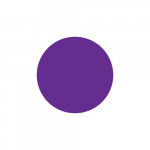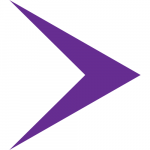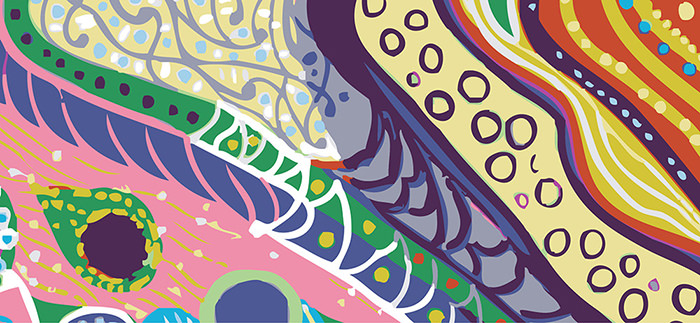 Financing for Development (FfD) process
Financing for Development (FfD) process  International- and regional-level advocacy for SDGs
International- and regional-level advocacy for SDGs
Indicator framework
Conventional economic models present themselves as concerned mainly with data and numbers, the collection of data, what gets counted, and by whom. Importantly, this impacts our understanding of the world around us, and by extension the kinds of solutions or policies we design in response. For example, there is a lack of data relating to aspects of life that women put more work into (such as care work, house work, social relationships etc.) and disaggregation (i.e. categorised, separated) by gender.
This has been one of the biggest obstacles for feminist economics to show (through data) how and where gender inequality and discrimination work in the current economic system. From a gender perspective, collection and analysis of data is crucial to developing policies that will move us towards gender equality and the fulfilment of women’s human rights.
Considering the global scope and ambition of the SDGs, data is also important to measure the progress towards sustainable development and the varying statistical systems among different countries. In order to ensure that progress on SDGs can be measured accurately at all levels, an Inter-Agency Expert Group (IAEG) has been brought together. IAEG’s job is to develop a set of indicators to measure progress within and across the SDGs, in consultation with member states, international institutions, and civil society. After long consultations, a series of indicators for each SDG were adopted by the UN General Assembly on 6 July 2017.
At the Global SDG indicators database, you can search for data available by country, on each indicator, under each target and goal. This data informs the secretary-general’s report (published each year) on the progress made towards achieving Agenda 2030 and the SDGs. The report also informs the discussions in the High Level Political Forum, convened each year.
The kind of data that is collected to inform policy-making processes, how it is collected, and by whom, are also political choices. These are embedded in complex power dynamics and preconceived ideas about who qualifies as an ‘expert’ or ‘decision-maker’, and who should be the subject of a decision or type of expertise. IWRAW Asia Pacific aims to disrupt these false and problematic distinctions by working with women’s rights advocates and other partners around the world to support feminist and community-led monitoring, data collection, policy-making, and advocacy.
For example, IWRAW Asia Pacific is a member of the ESCR-Net Monitoring Working Group, which “seeks to provide technical and practical support to social movements and grassroots groups in developing and conducting research that strengthens their collective power and informs their campaigning and advocacy”. The Monitoring Working Group has developed five principles for data collection for economic, social and cultural rights alongside its collective position on data and human rights.
 Financing for Development (FfD) process
Financing for Development (FfD) process  International- and regional-level advocacy for SDGs
International- and regional-level advocacy for SDGs

